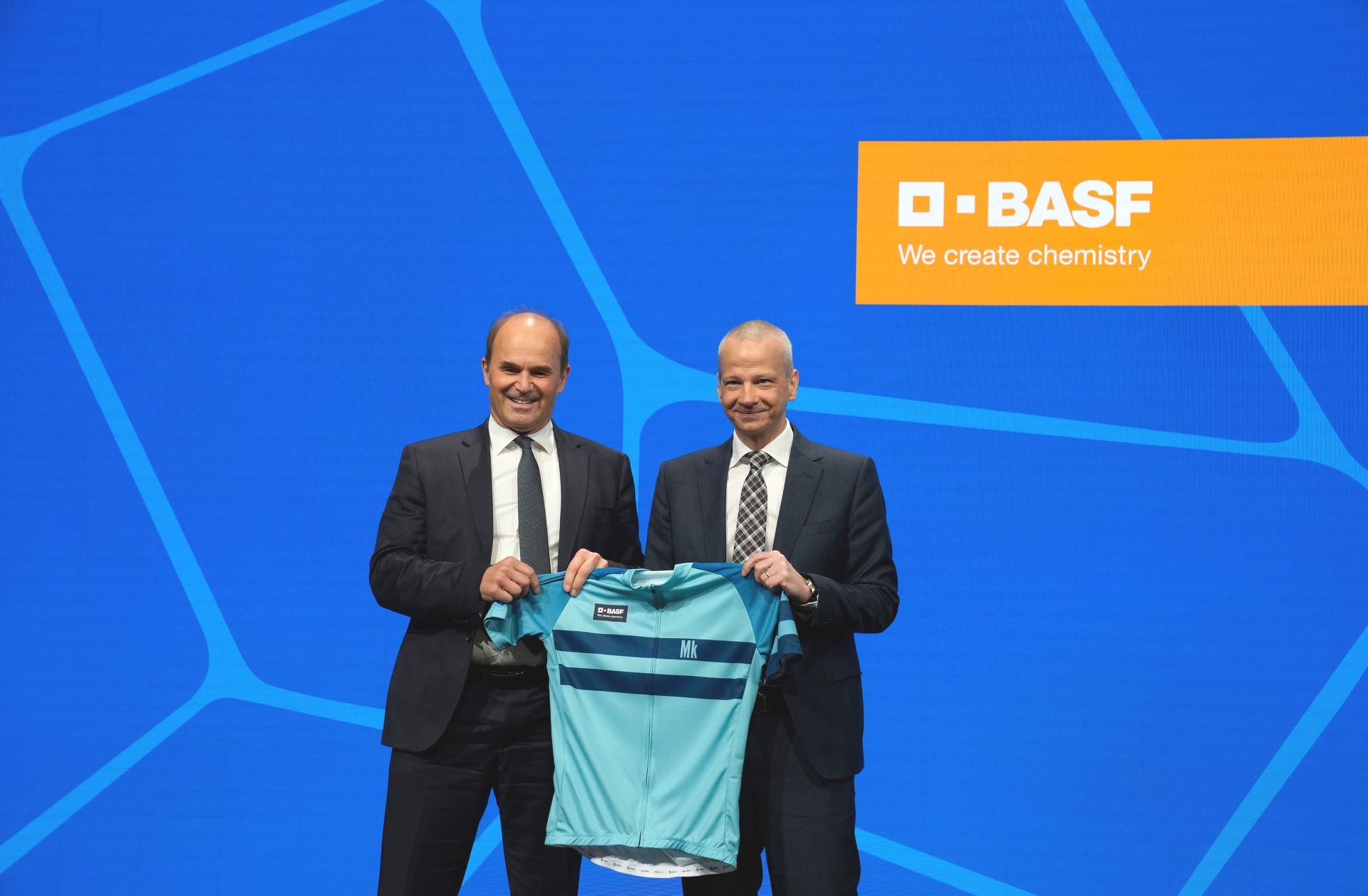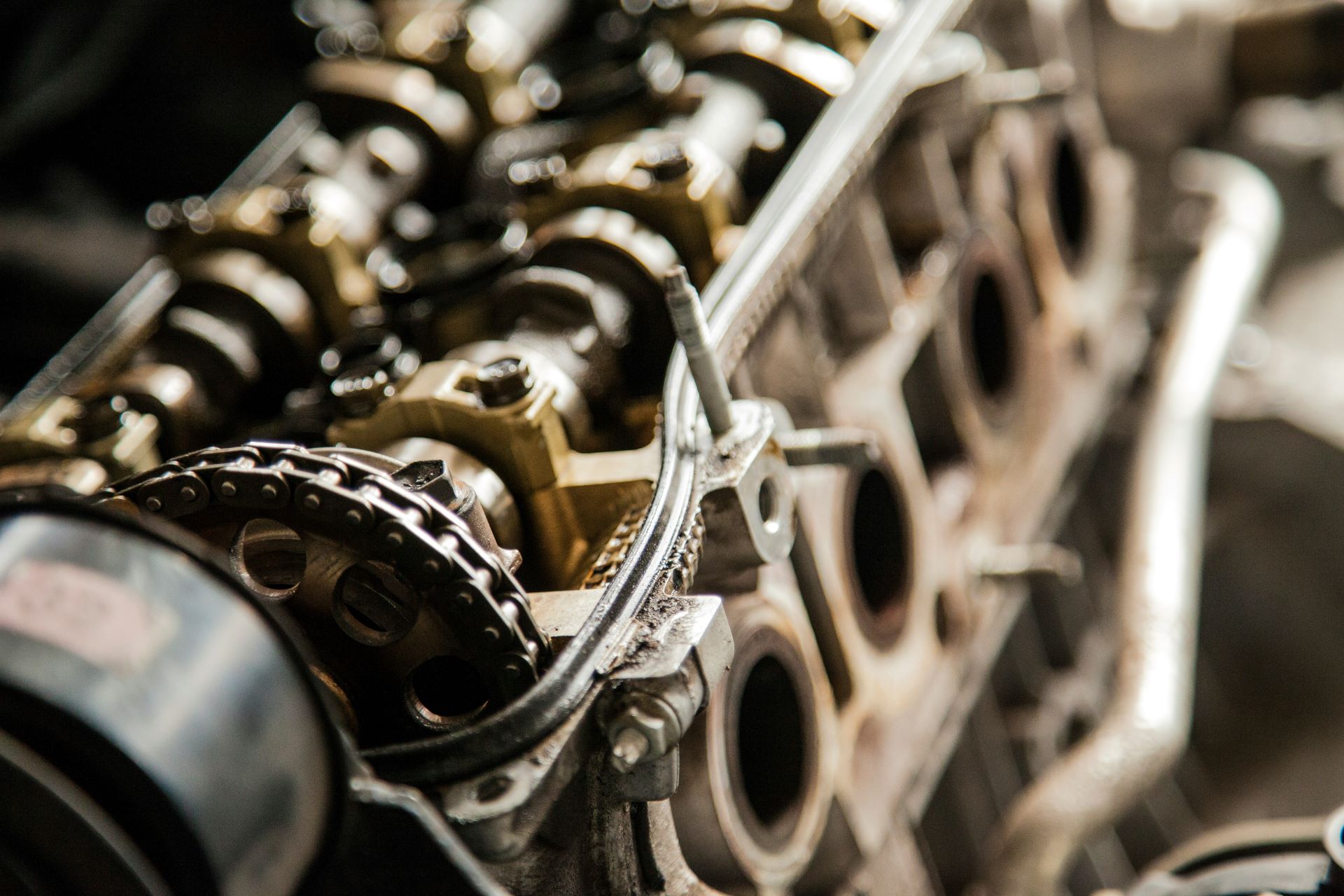Reducing the negative environmental impact of waste tyres remains high on the agenda for the South African Tyre Manufacturers Conference (SATMC), the representative body of the four global tyre manufacturers with manufacturing facilities in South Africa, in 2023.
Newly appointed Chairperson, Lubin Ozoux, said members were committed to finalising the Industry Waste Management Plan for Tyres this year and to having a clear roadmap in place to reduce carbon emissions in the sector.
Ozoux, CEO of Sumitomo Rubber South Africa (Pty) Ltd, began his two-year term as SATMC Chairperson on 1 November 2022 and will serve in the role until late 2024.
SATMC has also prioritised industry evolution, skills development for the future, localisation and supplier development efforts, as well as infrastructure maintenance, but Ozoux views waste management as a critical focus area. “We are collaborating with the Tyre Importers Association of South Africa (TIASA), the Tyre Equipment Parts Association (TEPA) and the government to ensure that steps are taken to drive improvements and sustainability in both the collection and processing of tyre waste,” he said.
This includes working closely with tyre dealers to encourage correct storage of waste tyres and exploring the commercial prospects for waste tyres, with the aim of supporting enterprise development and job creation in a circular economy.
Consultation is underway on the draft section 29 Integrated Industry Waste Management Plan for Tyres (IndWTMP), developed by the Council for Scientific and Industrial Research (CSIR) on the notice of Minister of Forestry, Fisheries and the Environment, Barbara Creecy.
In terms of section 29(1) of the National Environmental Management: Waste Act 59 of 2008, the Plan provides requirements for the implementation of effective and efficient waste tyre management in South Africa and sets out guidelines and requirements for all tyre industry role players. Failure to manage waste tyres as prescribed in the IndWTMP is a criminal offence.
SATMC Managing Executive, Nduduzo Chala, said the industry had long been advocating for a process that would cater for the processing of end-of-life tyres. The SATMC was also lobbying in relation to second-hand tyres or part-worn tyres, which remain unregulated in the country, posing a serious safety risk for road commuters.
“As such, among our priority areas is to ensure that there is a part-worn standard developed through the South African Bureau of Standards (SABS) and to challenge the importation of second-hand passenger casings into the country as these end up on our roads, becoming not only an environmental hurdle, but more importantly, a safety risk,” said Chala.
He said maintaining South Africa’s position as the key automotive hub in Africa would require close collaboration with government, automotive sector players and other industry associations, as well as a policy environment conducive to the competitiveness and sustainability of manufacturing.
Tackling dumping and illicit trade
Among efforts to safeguard competitiveness and sustainability for local tyre manufacturing is the campaign to stem the proliferation of ‘unfairly traded tyres’ from China.
“We want to partner with government and other stakeholders in the industry to ensure that dumping and illicit trade are stopped to ensure sustainability in the local tyre manufacturing sector. If South Africa is used for dumping activities from other parts of the world, we will soon see remaining factories shutting down, causing further loss of employment,” said Ozoux.
Goodyear South Africa MD, Richard Fourie, agreed: “Fair competition in the market helps to ensure that we, as manufacturers, remain competitive and that end-consumers get the best options. Tyre dumping into our country does not promote fair competition, neither does it promote the sustainable development of the local tyre industry, economy and communities. The anti-dumping duties that have been imposed by government based on ITAC’s preliminary investigation following an independent audit, serve to level the playing field for all players in the market.”
Ozoux said the SATMC and its members would respect the final findings of the International Trade Administration Commission (ITAC), which was investigating the issue of tyre dumping from China into South Africa. Following a preliminary investigation, ITAC imposed a provisional antidumping duty of 38.33% on car, passenger, truck and bus tyres dumped on the local market from China, applicable between 9 September 2022 to 8 March 2023.
Continental Tyre South Africa MD, Matthew Livigni, said: “We believe that these provisional payments will address the problem of unfairly traded tyres from China, which have over a long period of time placed strain on the local market.”
Bridgestone South Africa MD Jacques Rikhotso, added: “From the onset, tariffs will reduce the burden on the fiscus. However, on a broader scale, tyre dumping also has a negative impact on road safety. With the reduction of lower quality product on South African roads, we anticipate improvements. The local manufacturing industry would have a fair basis from which to continue to support local economic growth and sustain thousands of livelihoods.”
Ozoux said all four SATMC members would continue to drive road safety, while striving for the sustainability of the local tyre manufacturing sector in 2023 and beyond.




